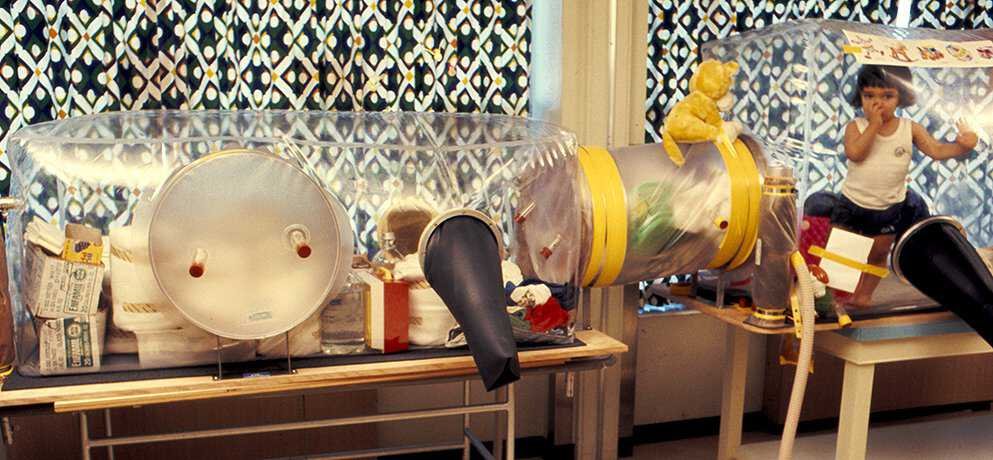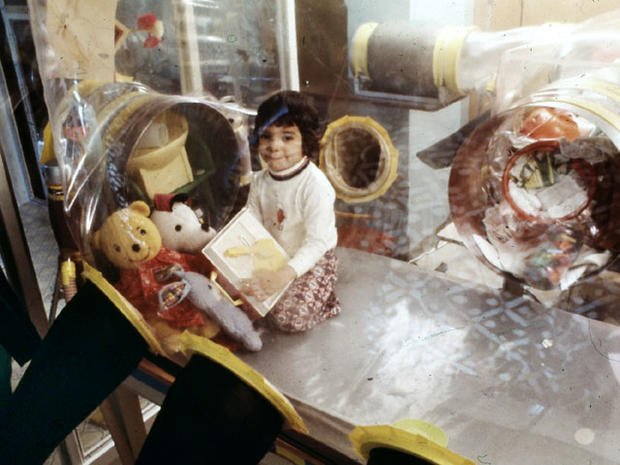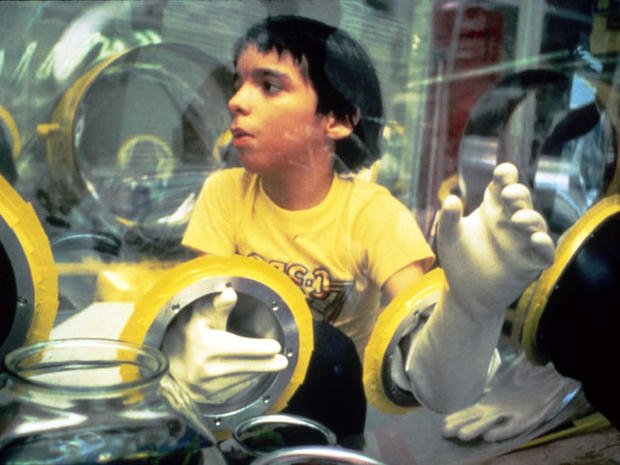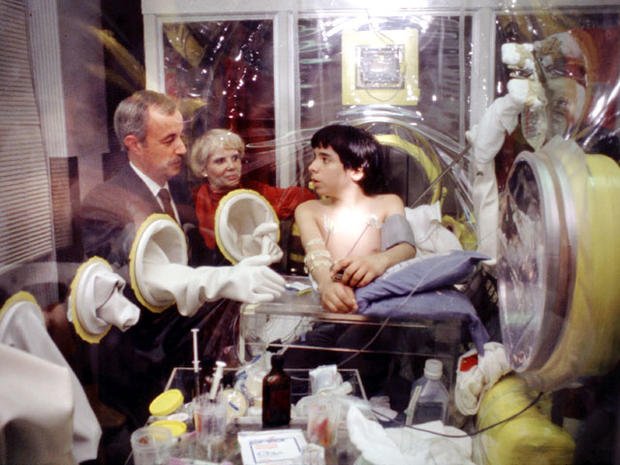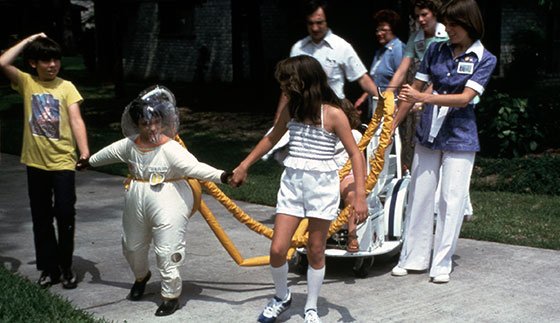Bubble Girl
Remember the movie, Bubble Boy? I finally got around to watching it this week while ironically, self-isolating and recovering from catching COVID. It was nostalgic, classically 2001, and eye-opening but sadly, the real story of David Vetter didn’t end with a happily-ever-after. The movie doesn’t accurately represent David’s story but it gives you something to think about and learn from. I’m truly in awe of the team that stepped up for this family.
In many ways, I felt I could relate to Jake Gyllenhaal’s character and thus David, not just in this moment as I recover at home but as a whole. There are many parallels between someone with a progressive disability and someone who lacks an immune system; both are deprived of the outdoors, participation in society, and human interaction but the main difference is I won’t die if I get exposed to germs.
Today, there are still many people who are immunocompromised. Let this be a kind reminder to respect people’s decision to wear PPE, and do the same if you know it can save a life.
Image Description: Kae takes a selfie of herself lying down on a physiotherapist table, wearing a black mask.
Image Description: Black sans serif text that reads “I can be in my bed and still be “busy” you know. Busy gathering strength” on a white background.
Image Description: A screenshot of a tweet by Nia (@chronicnotebook) that reads “One aspect of chronic illness that people don’t see is compromise. You’re constantly trying to figure out what kind of life you can lead, that will bring you joy without making you feel too sick. That’s really hard to do and it comes with a lot of grief, frustration and sadness”.
Image Description: A screenshot of Kae’s Threads post that reads “I looked up the real story behind David Vetter’s life and his bubble suit was designed by NASA, costing $50,000. I’ve so many questions. How did the hospital get NASA to care and fund this ultra-rare disease? What strings did this family have to pull to get people to care about David’s life? Did NASA only take this on because it gained international attention or did that happen after the fact? If they can do this back in the 70s, how can we get people to care about rare diseases today?”
